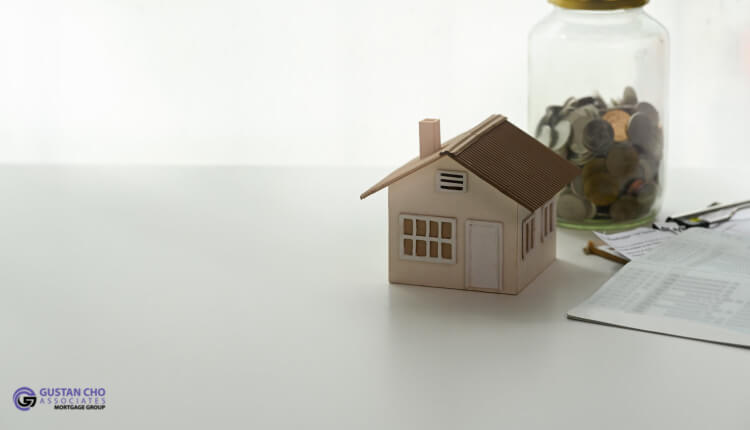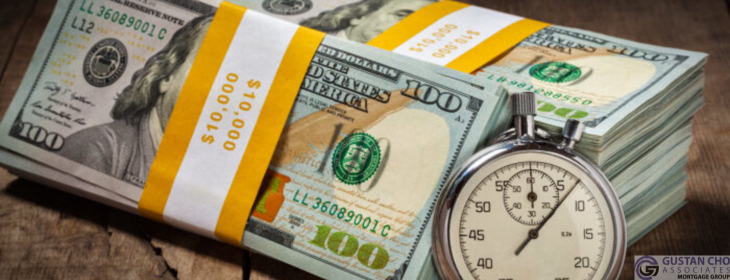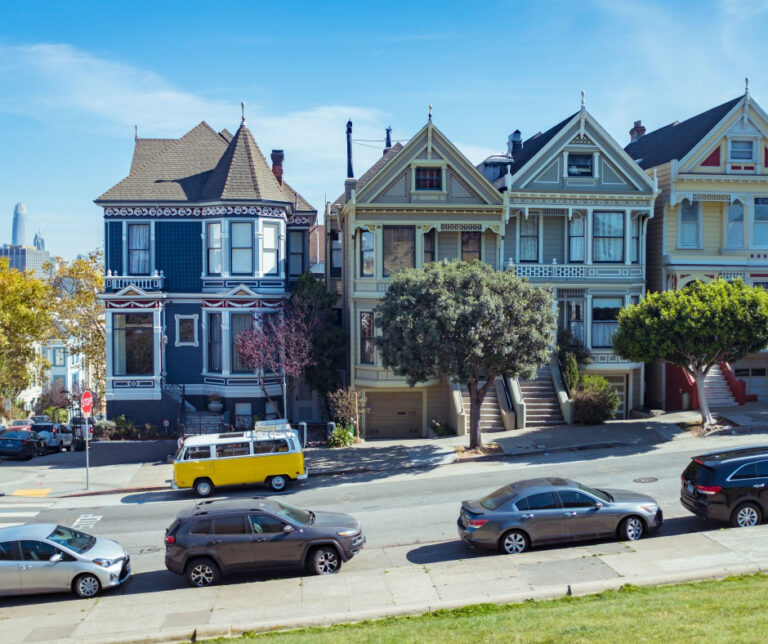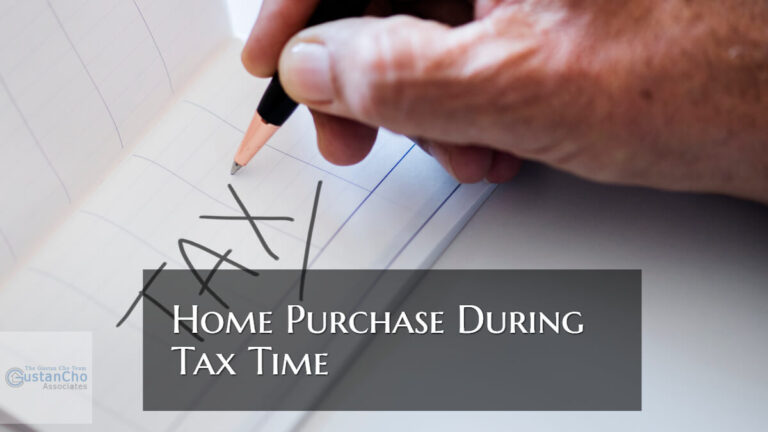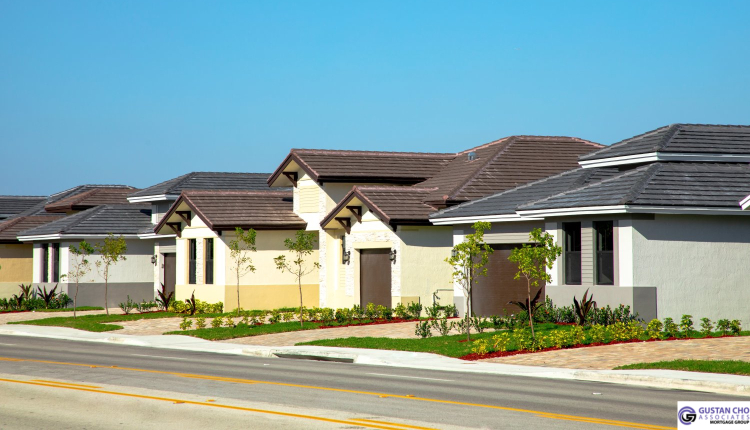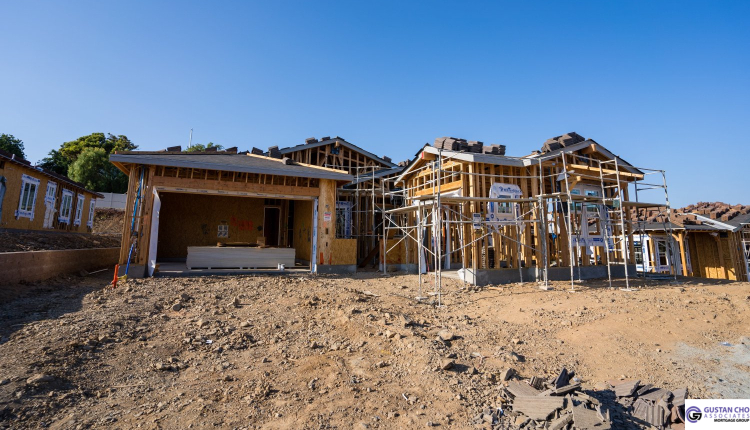What is the Minimum Down Payment For a Home Purchase
This guide covers the minimum down payment for a home purchase. One of the major hurdles for homebuyers is the minimum down payment for a home purchase. The U.S. economy is booming. The housing market is stronger than it has ever been. Despite the coronavirus outbreak and high unemployment, the housing market is booming.
There is more demand for homes than inventory. Homebuilders have set historic sales records quarterly for the past eight years.
Due to rising home prices, HUD and the Federal Housing Finance Agency (FHFA) have increased FHA and conformed
loan limits annually for the past eight years. 2024 FHA Loan Limits is now capped at $498,257. 2024 Conforming Loan Limits is now capped at $766.550. Adding fuel to the hot housing market is the historic low rates. After the Federal Reserve Board dropped interest rates to zero percent, mortgage rates tumbled to historic lows. 30-year fixed-rate mortgages are now under 3.0%. Economists and analysts expect mortgage rates to remain at these levels for years. The refinance boom has just started.
Demand For Homes Remain Strong Despite Skyrocketing High Rates
Mortgage companies are thriving and have overcapacity. It takes an average of 120 days to refinance a home mortgage today. The turnaround times are not expected to shorten anytime soon. Renters and first-time homebuyers rush to lenders to get qualified and pre-approved to shop for a new home. One of the major concerns for homebuyers is how much money they will need to purchase a home.
Talk To Our Loan Officer, Click Here
How Much Money Do I Need To Buy a Home
A first-time home buyer needs to consider two types of funding when purchasing a home. The down payment and closing costs. We will not worry about closing costs. This is because there are ways for home buyers not to pay closing costs.
Closing costs are paid by either getting a seller’s concessions by the seller towards the buyer’s closing costs. Or by getting a lender’s credit towards the borrower’s closing costs.
Lenders can offer lender credit to borrowers for closing costs in lieu of higher mortgage rates. How much down payment is required for a home purchase? The minimum down payment required depends on the mortgage loan program. It could also depend on the borrower’s credit score. This article will discuss the minimum down payment on home purchase requirements.
What Is a Down Payment on a Home Purchase
The down payment on a home purchase is different from the earnest money. Earnest money is a deposit given on a home purchase. Earnest money is part of the down payment and is offset by the minimum down payment required.
The minimum down payment for a home purchase is the percentage of the purchase price of the subject property that lenders require.
The mortgage lender has a minimum down payment requirement. Borrowers can make a higher down payment if they can afford it. The mortgage loan amount the home borrower applies for is the purchase price less the down payment.
Purchase Home With Down Payment, Click Here
Earnest Money on a Home Purchase
The earnest money check the home buyer gives the seller’s realtor or agent is the good faith deposit paid to secure the real estate purchase contract. The earnest money is counted towards the down payment. For example, here is a case scenario.
The lender requires a down payment of 5% on a $200,000 purchase contract. The home buyer gives an earnest money check for $5,000.00.
The required down payment is $10,000.00 less the $5,000.00 earnest money check. The borrower needs to come up with $5,000.00 for the down payment at closing. If the home buyer cancels the purchase contract after the mortgage contingency period ends, he or she can lose the earnest money.
Minimum Down Payment Requirements
The minimum down payment required depends on the type of mortgage loan program the home buyer chooses. For example, VA loan and USDA loan programs offer 100% financing. VA and USDA loans do not require any down payment from qualified borrowers. For FHA loan programs, the minimum down payment required is 3.5% with 580 credit score borrowers. If credit scores are under 580, FHA requires a 10% down payment.
Minimum down payment for conventional loan programs is 5% down payment for single-family homes and townhomes. 3% down payment on conventional loans for first time home buyers.
However, down payment requirements can be higher for condominiums, depending on the state. Condominium loans are deemed riskier for mortgage lenders. The lender will require private mortgage insurance for any conventional loan higher than an 80% loan-to-value ratio. With conventional loans, the lower the down payment, the higher the mortgage rate. The higher the down payment, the less of a risk factor borrowers are, which is why higher down payments yield lower mortgage rates.
Minimum Down Payment For Mortgage Loan, Click Here
What is The Minimum Down Payment on 2-to-4 Unit Multi-Family Mortgage Loans
Any property up to four units is considered a residential property. If a home buyer plans to purchase a 2-to-4-unit property, HUD requires a minimum down payment of 3.5% on two-to-four-unit multi-family homes.
The home buyer needs to occupy one of the units. The remaining units can be rented and used for income.
Up to 85% of the potential rental income of the other units can be used towards income. Fannie Mae guidelines on multi-family homes require a 5% down payment on owner-occupant multi-family two to four-unit homes. Conventional loans require a 5% down payment for 2- to 4-unit residential properties that are owner-occupant. Up to 75% of the potential rental income can be used towards the income calculation of the borrower’s debt-to-income ratios.
Jumbo Mortgage Loans
Any mortgage loan limits of over $766,550 are considered non-conforming since they do not conform to Fannie Mae and Freddie Mac loan limit guidelines of $766,550. It is often called a jumbo loan. The minimum down payment for jumbo mortgage loans is 20%.
Some jumbo mortgage lenders will lend up to 90% loan-to-value, thus requiring only a 10% down payment. 90% LTV Jumbo Mortgages require 720 credit scores.
Again, a lower down payment means higher mortgage rates because the mortgage lender has more risk. Gustan Cho Associates has Non-QM Jumbo Loans with credit scores down to 620 FICO. However, the lower the credit scores, the higher the down payment requirement.
Minimum Down Payment on Condotel Financing and Non-Warrantable Loans
Condotel mortgage loans require a 25% down payment. Non-warrantable condominium loans are portfolio loans and require a minimum down payment of 20%. Portfolio loans are 30-year mortgage loans.
Only adjustable-rate mortgage products are available on condotel and non-warrantable condo loans. There are 3/1 ARM, 5/1 ARM, and 7/1 ARM mortgage loan programs.
For example, on a 7/1 ARM with a starter interest rate, the mortgage rate is fixed for the first seven years. We will adjust from years 8 to 30 based on the index. The index is normally based on the Cost Maturity Treasuries (CMT). The total plus the index is the new rate. The margin is constant.
Minimum Down Payment On Condotel Financing and Non-Warrantable Loans, Click Here
Minimum Down Payment on Investment Property Mortgage Loans
A 20% minimum down payment is required for investment homes. Certain investment loan programs allow for potential rentals to be used. For 75% of the potential rental income to be used, the minimum down payment required on investment homes is 25%. For example, here is a case scenario: If an investment home has a potential rental income of $1,000. The borrower must use the potential income to qualify for their debt-to-income calculations.
The home buyer needs to put in a 25% down payment instead of 20% down payment to use potential rental income as qualified income.
By making a 25% down payment, 75% of the potential $1,000 or $750 can be used as part of the borrower’s income to qualify for their debt-to-income ratio. If the home buyer of the investment home only puts down a 20% down payment, the potential rental income cannot be used. Gustan Cho Associates offers multiple investment property loan programs. We have fix and flip financing for real estate investments, asset depletion, P&L investor loan programs, bridge loans, apartment building loans, and other investment property or commercial loan programs.
USDA Mortgage With No Down Payment
The USDA created its rural housing program to help promote home ownership in rural areas. Designated rural areas cover about 75% of the land in the US and about half of the population. If you live in a smaller city or even in the suburbs outside major metros, your property may be eligible for USDA financing. You can see if your neighborhood counts as “rural” by using the USDA’s lookup function on its website.
The USDA offers two kinds of loans — a Direct program for low-income borrowers and a Guaranteed program for other eligible borrowers. The USDA funds its Direct loans and approved private lenders fund the Guaranteed mortgages. Income limits apply, so look up income eligibility for your area before applying.
Like most government-backed mortgage programs, USDA loans are only available for buying a primary residence — not a vacation home or rental.
VA Home Loan With Zero Down Payment
VA home loans for primary residences are an earned benefit available to active military members, veterans, and in some cases their families. They can offer some of the lowest interest rates available and require no mortgage insurance. (The VA does charge an upfront funding fee, which you can wrap into your loan balance if you choose).
The VA has no official minimum credit score or maximum loan amount. However, individual mortgage lenders often choose to set minimus of their own called “overlays.” Gustan Cho Associates has no overlays. Another advantage of VA home loans is that they are assumable. If you need to sell a home in a buyer’s market when rates are rising, an assumable mortgage can help you beat your competition for buyers.
There are no real downsides to VA financing unless you can make a 20% down payment. In that case, go with private financing and skip the funding fee.
FHA Home Loan With 3.5% Down
FHA home loans for primary residences can be approved with FICO scores as low as 580 (with 3.5% down) and 500 (with 10% down). Your entire down payment can come from a gift or approved down payment assistance (DPA) program. FHA lenders also allow sellers to cover closing costs up to 6% of the purchase price.
Understand that while FHA guidelines allow very low credit scores, most lenders choose to set their minimum scores higher — 600, 620, or 640 are common. These stricter requirements are “overlays” and you won’t find them at Gustan Cho Associates. If you are concerned about overlays, ask lenders about them before applying.
The downside of FHA loans is that their mortgage insurance is required for the entire loan term. You can’t cancel it when your loan-to-value falls below 80% like you can with most conventional (non-government) mortgages.
HomeReady Loan With 3% Down
This Fannie Mae program is widely available and offers a low down payment, flexible underwriting, and discounted mortgage insurance. One advantage of this program is that income from anyone living in the home can help you qualify for your mortgage. That means extended family, boarders, and anyone living in your guest house, apartment over the garage or basement — even if they pay you in cash.
In order to be eligible for the HomeReady program, you must not be an owner of another residential property in the United States. And you must complete an approved homebuyer course. You also must meet income limits or buy in a low-income or high-minority census tract.
You do NOT have to be a first-time buyer to qualify. Your boarders or family members do not have to be on the mortgage with you for lenders to count their income. And you can use HomeReady to buy most types of homes including manufactured homes, condos, and 2-4 unit properties.
Related: Down Payment Assistance
Conventional 97 With 3% Down
The Conventional 97 program is a product offered by both Fannie Mae and Freddie Mac. The down payment minimum is just 3%. The loan is a little more restrictive than HomeReady but there are no income limits and you don’t have to take a home buying course. Here are the restrictions:
- Maximum loan size is $548,250, no exceptions.
- You have to choose a fixed-rate mortgage.
- Only one-unit dwellings are allowed.
- Your down payment can be 100% gifted from an approved source.
The Conventional 97 comes with private mortgage insurance (PMI). For most borrowers, the PMI is cheaper than FHA’s mortgage insurance premium (MIP) and you can request cancellation once you pay your loan balance down to 80% of the home’s purchase price.
Down Payment By Home Buyers
It is estimated that 87% of home buyers use a mortgage to obtain the property.
- So, remove the 13% who pay cash for their new homes, 60% of these Americans are first time home buyers, and put down an average of 6% or less
- Let’s be honest even coming up with 3% to 5% can be hard at times
- Rental payments may be higher than a mortgage payment
- The problem many Americans face is saving for the initial down payment
- This is a great opportunity to explore down payment assistance
Gustan Cho Associates participate in a down payment assistance program that helps many families make the American dream their reality!
Using Down Payment Assistance (DPA) For Home Purchase With Zero Down Payment
The CHENOA FUND is an amazing resource for potential homeowners.
- The Chenoa fund’s mission is to assist credit-worthy families to overcome the down payment barrier
- Main hurdles to homeownership are the down payment
- This down payment assistance program is something home buyers may want to look for
Let’s go over a few basics of this program.
Common Sense approach to underwriting. Let you know of the fund follows HUD 4001.1 guidelines, but does have a credit score requirement of 620 or higher.
- Must have a 620 + credit score
- First time home buyers or repeat home buyers
- No income or geographical restrictions
- No equity share or recapture provisions
Chenoa Fund To Finance Home Purchase With Zero Down Payment
What is the maximum figure for down payment assistance?
The Chenoa fund will only contribute 3.5% of the purchase price. (We will go over the details later in this blog)
- 115% or less of the areas’ median income = The down payment assistance can be forgivable
- 115% or less of the areas’ median income = The down payment assistance will be paid back through a monthly payment
The Chenoa Fund is helping underserved markets.
- Millennials
- Minorities
- Lower-income areas
Income Guidelines With Chenoa Funds

What is the average median income in my area?
Please visit HUD’ WEBSITE to look up specific County.
- Once you know your median family income for the county, multiply that number by 115%
- Let’s go over an example for LOS ANGELES County in California
- The median family income is $69,300, $69,300 * 115% = $79,695
- At this point, if your family makes less than $79,695 annually, you would qualify for the Chenoa Fund DPA Edge program
- This is when the down payment assistance comes in the form of a gift
- Soft/Forgivable Secondary Financing, or Repayable Secondary Financing
- Homeowners may not be required to pay it back.
If your family makes more than $79,695, the down payment assistance will be paid back in the form of 10 Year Repayable Secondary Financing at a fixed rate.
Please reach out to Gustan Cho Associates Mortgage Group for updated interest rates. Borrowers can contact us at Gustan Cho Associates at 800-900-8569 or text us for a faster response. Or email us at gcho@gustancho.com. The tea at Gustan Cho Associates can also answer any questions you may have with this program. This is still an amazing program, offering you the ability of 100% mortgage financing.
Closing Costs On Home Purchase With Chenoa Fund
How much will you need for closing costs?
Closing cost will vary from lender to lender.
- Since the Chenoa Fund uses FHA financing, the seller can contribute up to 6% of the purchase price to pay closing costs
- This is something you would want to talk to the realtor about
- You may be able to get a home with little to nothing out of pocket
- The Chenoa fund does take a common-sense approach to underwrite
Mortgage Guidelines For Chenoa Fund
What are some other important guidelines to use this program?
- Non- occupant co-borrower hours are only allowed for families under the median income requirements
- The borrower may receive a refund of documented earnest money and other third-party fees
- Manual underwriting allowed!
- May be used for single-family or two-unit properties
- Loan amounts will follow FHA loan limits
- Gift funds are allowed in accordance with HUD 4001.1 Handbook
- Chenoa Fund Programs not available in IL, MA, NY, SD, or WV
After reading this if you feel you may be a good fit for this program please reach out to Gustan Cho Associates. we will do all of the pre-approval work upfront, and issue a full loan commitment signed off by a certified FHA underwriter. You will be able to use our TBD UNDERWRITING PROCESS. Your realtor will love you for it! Take advantage of this fixed-rate mortgage product that could slingshot the success of your mortgage goals. we hope to hear from you soon
Down Payment FAQs
How can I buy a house with no money down?
There is such a thing as a no money down mortgage. Both USDA and VA home loans require no down payment, and FHA home loans allow 100% of your down payment to come from a gift or down payment assistance program.
Can I use a cash gift for my down payment?
Most mortgage programs allow you to use gift funds for some or all of your down payment. The gift must come from an approved source. That means no one who benefits from the property sale, like the seller, real estate agent, or lender, can donate a down payment. But family members, close friends, employers and approved programs can provide down payments.
You just need to document that the donor is in possession of the funds (for instance, with a copy of the donor’s bank statement. You must prove that you received the money (one way is to provide a copy of the check and deposit receipt) and obtain a letter from the donor stating your relationship and that the money is a gift.
Are there any home buyer grants?
Most programs set limits on the participants’ income and also require applicants to complete a homebuyer education course.
The other form of DPA is a low- to no-interest loan. In many cases, no payments are required — you just pay the loan back when you sell the property. And sometimes, the loan is forgiven and it goes away if you keep the home as your primary residence for a number of years.
Is it better to put more money down?
Making a higher down payment does offer some benefits:
- It’s easier to qualify for a loan with a bigger down payment.
- Your mortgage insurance premiums are lower (or not needed at all).
- Your monthly mortgage payment is lower, making your home loan more affordable.
If you can afford to make a bigger down payment, do it. IF you’ve paid off high-interest debt, established your emergency savings, and funded your retirement account.
What are the advantages of a low down payment?
A smaller down payment allows you to get into a home sooner because you’re not waiting until you have saved 20% down. It also allows you to use your money for other, perhaps more pressing things. Making a smaller down payment frees up cash for paying off expensive debt, making investments, preparing for emergencies, or paying for college.
The disadvantage of a small down payment is that your monthly mortgage payment is higher. That’s because your loan is larger but also that your mortgage insurance premium is higher.
If I make a low down payment, do I pay mortgage insurance?
Most borrowers pay monthly PMI and cancel it when their loan balance reaches 80% of the home purchase price. However, you can also pay a single-premium PMI (it runs between 2% and 4% of your loan amount) and have no monthly premiums. If you can convince your seller to pay the premium, that can save you a lot more money than negotiating a 2% reduction in the sales price. Ask your lender o help you run the numbers.
If I make a low down payment, what are my lender fees?
Your lender fees depend on the loan program you choose. The lower your down payment, the larger your loan amount. And because most lender fees are some percentage of your loan amount, a larger loan often means slightly higher fees. Understand that those fees are higher only because your loan amount is — not because your lender hits you with a “low down payment” fee (there is no such thing).
In some cases, making a smaller down payment does add charges to your loan. Fannie Mae and Freddie Mac, for instance, add risk-based pricing adjustments to loans with lower down payments. Those fees go to Fannie and Freddie, not your lender. In general, making a lower down payment does not impact your lender fees much (or at all).
What is the minimum down payment for a mortgage?
The minimum down payments depend on the program you choose:
- VA loan: 0% down payment
- USDA loan: 0% down payment
- Conventional 97 mortgage: 3% down payment
- HomeReady mortgage: 3% down payment
- FHA loan: 3.5% down payment.
And don’t forget to explore boosting your down payment by choosing a no-cost loan, getting the seller to cover closing costs, applying for DPA, or asking loved ones for gifts.
Are there zero-down mortgage loans?
Yes, there are zero-down mortgage programs — specifically, the government-backed USDA and VA home loan programs. You can also get a zero-down mortgage by using gift funds from your relatives, friends, employer, or an approved DPA program to buy a home with nothing out-of-pocket.
Can I borrow a down payment?
You can borrow down payment funds if you do it correctly. One way is to take a loan against your 401(k) plan if your employer allows it. You can legally borrow against half of your balance or $50,000, whichever is less.
You can borrow a down payment from a DPA program. Those low- to no-interest loans may require no payments while you own your home, and the loan may be forgiven after a number of years.
Finally, you can borrow down payment funds if you do it months before applying for a mortgage. In that case, you take out a personal loan, add the money to your savings and let it sit for a couple of months. This is called “seasoning.”
Once the borrowed funds have been added to your account, they become co-mingled with your savings. When you apply for a mortgage, you’ll supply a bank statement showing all the seasoned funds in your savings account and you’ll disclose the loan on your mortgage application.

